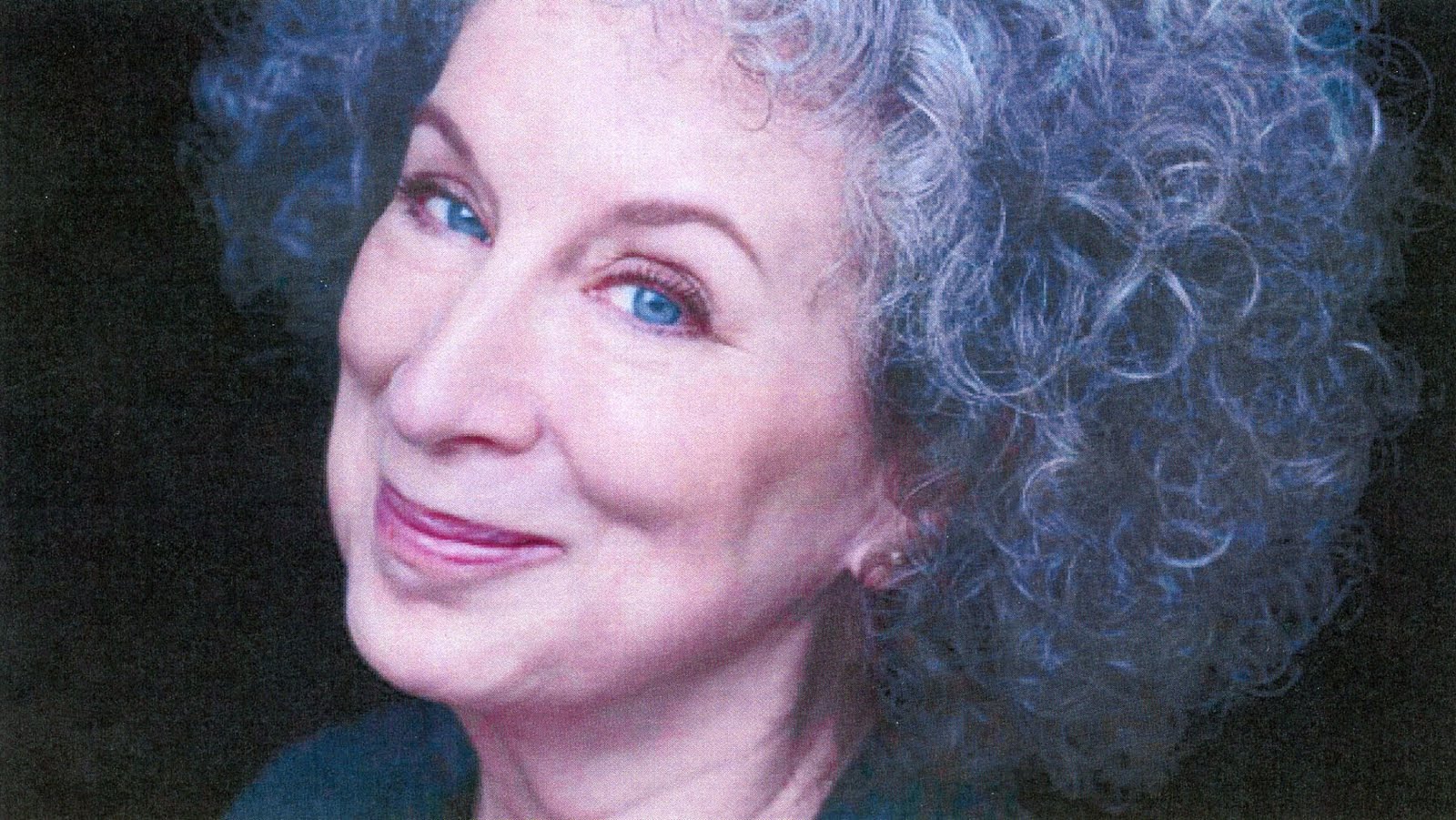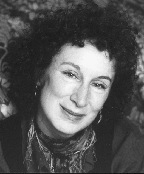I’m not completely against describing products and cultural minutiae in fiction, but I have a distinct problem with the way Tricia Sullivan does it in Maul. This fascinating novel, an interesting cross between hard science fiction, riot grrls gone wild and cyberpunk which has yet to pick up a U.S. publisher, deals with a two-strand narrative. In the distant future, a Y-virus has wiped out nearly every male on the planet, leaving male clones (taken from existing tissue) to carry out a simulated program that involves teenage girls battling in a mall. Sullivan’s novel is stacked to the nines with ideas. In fact, as if channeling Kathy Acker’s ghost, it opens daringly with a girl masturbating with a gun and somehow manages to elude heavy-handedness. It’s truly the work of a writer to watch.
However, Sullivan’s too obsessed with girls wearing Red Hot Chilli Peppers T-shirts or handing over a Snapple. Okay, Tricia, we get the consumerist angle. It’s clear enough by the title. But why would Sullivan choose bands like the Red Hot Chilli Peppers who have long lost their lustre in the present among the teenage crowd. Why not take a speculative fiction environment and create brand new companies? Isn’t that a good deal more fun?
But even more infuriating is how these pop cultural asides get in the way of Sullivan’s fascinating effort to explore feminism. The product concentration detracts from the intellectual expose and dates the book almost instantly. Which is interesting because it was published in 2003.
Conversely, Richard Yates’ fiction (which I’ve finally begun reading after Lizzie threatened to have several Young Republicans remove one of my testicles) hasn’t dated at all. Even a story like “A Glutton for Punishment,” which deals with a 1960s-1970s corporate environment (and should date), still packs an emotional punch, while achieving a startling purity. I suspect that it’s because Yates avoids product placement and uses sparse terminology (“cubicle” is mentioned once) to describe his environments. He is more concerned with what a character is feeling, the look on another person’s place, the heat of a room, etc.
I used to believe that this so-called literary product placement was of value in fiction. The immediate example that came to mind was an image from a Stephen King novel that I can’t immediately recall: something along the lines of a Skippy peanut butter jar filled with coins. The image’s startling presence, however, has more to do with the effort to remove all the peanut butter from a jar and use it as a piggy bank.
The problem with using brands as shorthand for character attributes is that, when we’re considering the perseverance of fiction, today’s telltale brand could be tomorrow’s failure. (Who can’t chuckle at the Pam Am flight seen in 2001, which immediately undermines its future?) I’m inclined to believe that unless fiction involves a specific time and place, on the whole, brands really don’t belong in literature.

 In the Margaret Atwood universe, not even an innocent cookie is safe.
In the Margaret Atwood universe, not even an innocent cookie is safe.